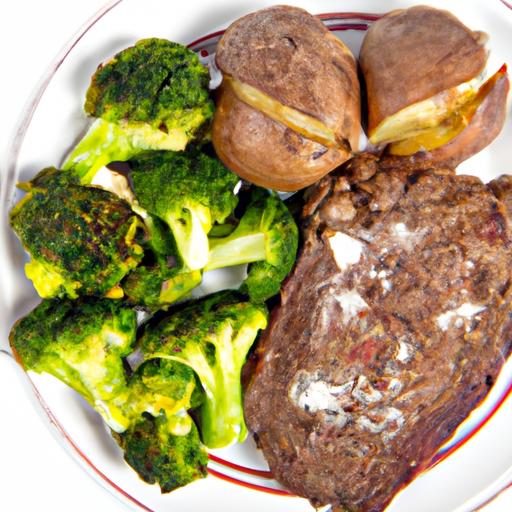Shocking News: Food Contributes to Weight Gain
The Role of Food in Weight Gain: A Nutritional Perspective

It is not just how much but what you eat that makes you fat or not.
This is not tongue in cheek - this is really necessary to present...
Food is the fuel that powers our bodies, but it's also the primary reason people gain weight. Understanding the relationship between diet, nutrition, and weight control is crucial for anyone seeking to maintain a healthy weight or embark on a fat loss journey.
At the heart of weight gain is a simple equation: if you consume more calories than your body burns, you will gain weight. These excess calories, regardless of their source, are stored in the body as fat. This is where the role of food becomes critical. The type of food we consume, its nutritional value, and the quantity we eat all contribute to our overall caloric intake.
One of the main culprits in weight gain is sugar, specifically a type of sugar called fructose, found in all fruits. When consumed, fructose triggers a process known as the myocyte insulin signaling cascade. This process is initiated by insulin, a hormone produced by the pancreas. Insulin's primary function is to facilitate glucose uptake into cells and promote glycogen synthesis, providing energy for the body.
When the energy provided by fructose is more than what the body needs for immediate use or storage in muscle cells, the excess energy is stored in fat cells. This is a natural survival mechanism, allowing the body to store energy for future use. But in a modern context, where food is abundant and often high in sugar, this mechanism can lead to weight gain and obesity.
The key to weight control, then, lies in managing our diet and nutrition. By choosing foods that are low in sugar and high in nutrients, we can control the amount of energy we provide to our bodies. Portion control is also essential, as even healthy foods can contribute to weight gain if consumed in excess.
While food is necessary for survival, it's also the main reason people gain weight. By understanding the role of food in weight gain and making conscious dietary choices, we can take control of our weight and overall health. Remember, it's not just about eating less, but eating right. A balanced diet, combined with regular physical activity, is the most effective strategy for weight control and fat loss.
Food is the fuel that powers our bodies, but it's also the primary reason people gain weight. Understanding the relationship between diet, nutrition, and weight control is crucial for anyone seeking to maintain a healthy weight or embark on a fat loss journey.
At the heart of weight gain is a simple equation: if you consume more calories than your body burns, you will gain weight. These excess calories, regardless of their source, are stored in the body as fat. This is where the role of food becomes critical. The type of food we consume, its nutritional value, and the quantity we eat all contribute to our overall caloric intake.
One of the main culprits in weight gain is sugar, specifically a type of sugar called fructose, found in all fruits. When consumed, fructose triggers a process known as the myocyte insulin signaling cascade. This process is initiated by insulin, a hormone produced by the pancreas. Insulin's primary function is to facilitate glucose uptake into cells and promote glycogen synthesis, providing energy for the body.
When the energy provided by fructose is more than what the body needs for immediate use or storage in muscle cells, the excess energy is stored in fat cells. This is a natural survival mechanism, allowing the body to store energy for future use. But in a modern context, where food is abundant and often high in sugar, this mechanism can lead to weight gain and obesity.
The key to weight control, then, lies in managing our diet and nutrition. By choosing foods that are low in sugar and high in nutrients, we can control the amount of energy we provide to our bodies. Portion control is also essential, as even healthy foods can contribute to weight gain if consumed in excess.
While food is necessary for survival, it's also the main reason people gain weight. By understanding the role of food in weight gain and making conscious dietary choices, we can take control of our weight and overall health. Remember, it's not just about eating less, but eating right. A balanced diet, combined with regular physical activity, is the most effective strategy for weight control and fat loss.
Updated: August 13, 2025 10:19
Category: Fitness
Keywords: diet nutrition weight control fat loss
References
Foods That Make You Gain Weight - Medical News Today. https://www.medicalnewstoday.com/articles/322295
The Role of Diet in Weight Gain - National Institutes of Health. https://www.ncbi.nlm.nih.gov/pmc/articles/PMC3630467/
Comments
You must log in to post a comment.